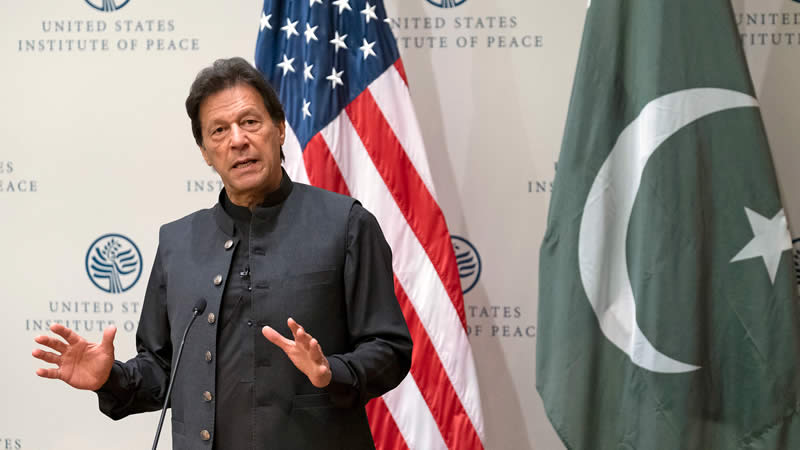
The draft of an agreed strategic agreement between the US and Afghanistan is still behind a smokescreen since details are yet to follow ‘internal reviews’ in the two countries.
However, from whatever has appeared in the media, it seems it is intended to send a message to the Taliban, regional players and other forces interested in manipulating the post-2014 scenario in Afghanistan to their advantage. Washington wants all actors to know that it is not abandoning Afghanistan (unlike 1989), and the US presence in the country would remain prominent and supportive through military and financial assistance. In addition, the US says it will respond to any attempt to subvert or overthrow the Kabul government by all means, including diplomacy, politics, economics, and even military.
The US will continue supporting the Afghan security forces for at least a decade, enabling them to take care of the security issues of the country. This latest development has weakened the general impression among many analysts that the Taliban would capture the Kabul throne after the departure of the US/NATO forces from Afghanistan. However, scepticism about how real or realistic is the US’s new approach raises a number of questions. The competence and capability of the Afghan security forces remains in doubt, whereas the Taliban have proved a really determined and ferocious foe. Despite the promised US support, the nascent .
Afghan forces might crumble in the face of the expected Taliban pressure post-2014 withdrawal. Incidents of Afghan soldiers going rogue and turning their guns on their foreign mentors have been all too frequent, raising suspicions about the presence of pro-Taliban elements or even undercover Taliban themselves within the Afghan forces.There are many uncertainties and unanswered questions about Afghanistan’s future as the country has been in the grip of conflict for decades. Its political, economic and social structure does not seem strong enough to avoid the likelihood of a civil war after the 2014 deadline passes.
The US has made a few very important pledges in the latest draft of the strategic pact. However, is there any guarantee of their fulfillment? In a war that has lasted more than a decade, the foreign forces have failed to wipe out terrorists from Afghan soil. It is true that Afghanistan cannot be left on its own as it had been abandoned after the forces of the former Soviet Union retreated from the country in the late 1980s. Were the Taliban to return to power in Kabul, the spectre of al Qaeda re-establishing its base on Afghan soil, with its concomitant surge in regional and global terrorism would become a real possibility.
In such a scenario, defending Afghanistan by fully supporting the Afghan forces becomes crucial until they become strong enough to control the country’s security themselves. This arrangement is vital for Pakistan and the whole region too. In case a civil war breaks out in Afghanistan after the foreign forces leave, the chances are slim that Pakistan, and indeed the whole region, would not be impacted. The consequent spillover of the conflict into Pakistan would be very dangerous, especially since our own indigenous Taliban, the TTP, have reportedly already found safe havens in the eastern provinces of Afghanistan, an area in which the Haqqani network is strong.
The havoc these Pakistani Taliban have been wreaking in our country with the help of the Afghan Taliban has already taken a huge toll on our people’s lives and the economy. Supporting Afghanistan and the US’s latest joint initiative is indeed in our own interest. Instead of following the so-called policy of strategic depth, which has only brought us notoriety besides severe political, social and economic damage, we should support the reconciliation process between the militants and the governments in Kabul and Washington. Our geographic location should serve us to better and wiser advantage. Pakistan should use its strategic location to become the hub of the emerging trade and energy corridors serving the entire region and the wider world. – Dailytimes












